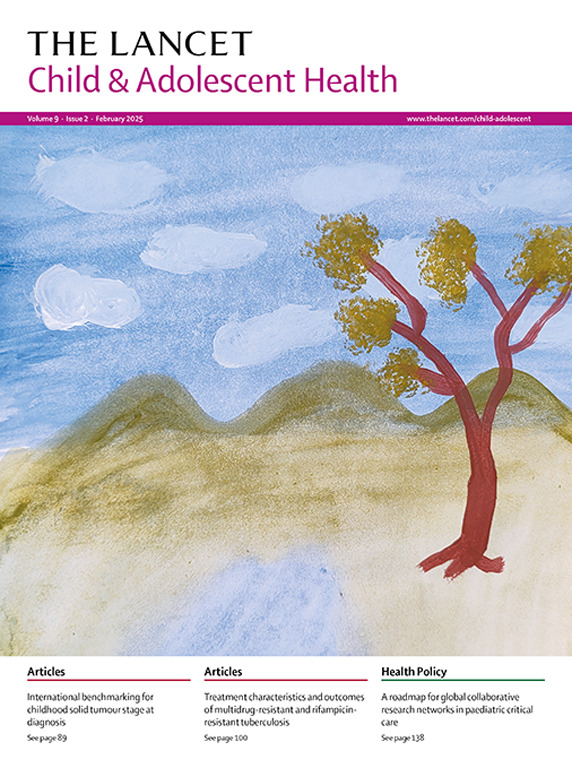24 January 2025
Huge rise in mental health admissions for young people in last decade
Admissions of children (up to the age of 18) with mental health conditions to general acute medical wards in England rose by 65% between 2012 and 2022, according to a new study by UCL researchers. This means that doctors are treating almost 40,000 children with acute mental ill health in general wards every year, up from about 24,000 a decade ago. This represents around a third of all paediatric admissions in England. By comparison, the increase is six times higher than the rise in admissions of children for all conditions (10.1%) over the same period.
The study also showed that the greatest increase of admissions were among girls aged 11-15 (112.8% increase), and for eating disorders (514.6% increase).
General acute medical wards are specialised hospital wards designed to provide rapid assessment, treatment, and care for patients. These units serve as a bridge between the emergency department, GPs, and other hospital wards and are separate to specialised mental health wards such as eating disorder units.
Children and young people are admitted most commonly to general wards from Accident and Emergency because they are too unwell, or it is not safe, for them to go home.
Dr Lee Hudson, clinical Associate Professor at Great Ormond Street UCL Institute of Child Health, the senior author of the study published in the Lancet, said: “Acute medical wards are important places for caring for young people with mental health concerns, especially those with co-existing physical health problems like starvation from an eating disorder. However, the increased intensity we describe is presenting real challenges for acute wards, both for patients and their families and the staff supporting them. They may not be set up with an appropriate ward environment for this care, and sometimes staff working there need more training and support with relevant skills. This calls for better co-working between physical and mental health professionals across hospital and community teams, including, for example, adequate provision of psychiatrists and mental health trained nurses to support physical medical care on the actual ward.”
The NHS’ Healthcare Safety Investigation Body recently stated that admissions to paediatric wards are putting children at significant risk of harm, mainly due to a lack of adequate training.
To address this issue, Dr Hudson is currently leading an innovative project at UCL, funded by Rosetrees and the Bloom Foundation, to develop a training program, in conjunction with patient groups, aimed at improving the skills and care delivery by paediatric medical health professionals working with children and young people.
The three year project, which began at the end of 2024, hopes to roll out the programme nationally after its completion.
“Sometimes children and young people are so unwell because of their mental health that they need to be admitted to a general children’s ward in crisis, wards that aren’t always designed to look after them. Many staff working on such wards feel unprepared to look after these patients as they haven’t had the right training,” said Dr Hudson.

